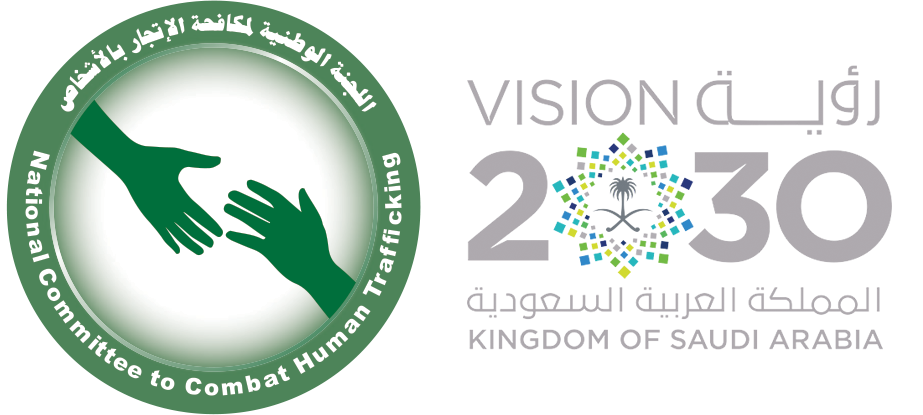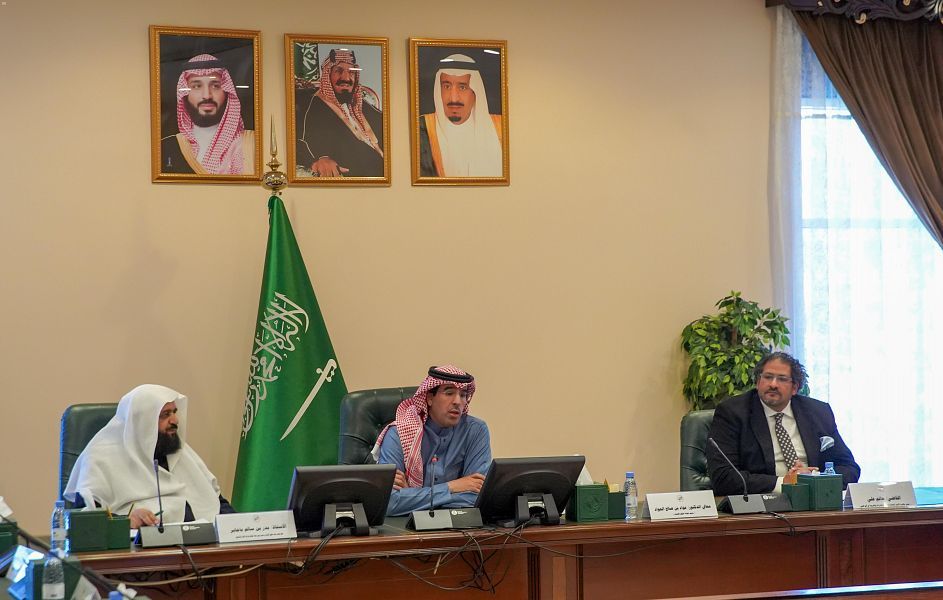Dr. Al Awwad: The Interagency Electronic Network is a New Step in the Direction of Combating Trafficking in Persons Crimes
President of the Human Rights Commission His Excellency Dr. Awwad bin Saleh Al Awwad stressed the importance of interagency collaboration in combating and eradicating trafficking in persons, a crime so heinous it robs the individual of their freedom and dignity. His Excellency gave an overview of Saudi Arabia's efforts in this area thus far which involved enacting legislations and signing or ratifying agreements, protocols, and memoranda of understanding with the relevant international organizations. This helped create a legal and institutional framework that protects all individuals, without discrimination, against trafficking in persons crimes. It further enhances efforts to prosecute and indict those involved in such crimes, subject them to severest penalties, and provide victims with the assistance they need.
During a meeting with the Director of the UN Office on Drugs and Crime Al Qadi Hatim Ali, International Organization of Migration (IOM) officials, and representatives of several government agencies, Al Awwad noted that the planned interagency electronic network that will link all the agencies represented on the interagency trafficking in persons committee is a step in the right direction to combat trafficking in persons crimes. The network provides another tool in the fight against this crime and creates the means for the agencies involved to collaborate with each other.
During the meeting, the participants discussed the work the UN Office on Drugs and Crimes will undertake under the MOU it recently signed with the HRC. This includes stepping up cooperation on combating and preventing trafficking in persons crimes; developing activities, programs, and national capacities related to trafficking in persons; providing technical and administrative expertise in the management of victim shelters; creating mechanisms to protect and help victims; creating and developing mechanisms to receive complaints; and creating the necessary mechanisms to provide victims with legal, financial, and moral assistance.




